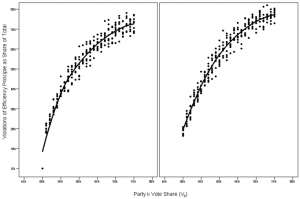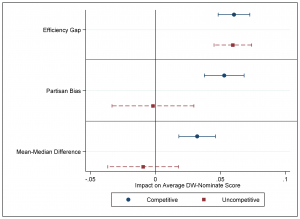Really looking forward to this:
Where Do We Go From Here?
MLK50 Symposium
A Symposium and Luncheon hosted by the
University of Memphis Cecil C. Humphreys School of Law and the
National Civil Rights Museum
Featured Keynote Speaker:
The Honorable Eric H. Holder, Jr.
82nd Attorney General of the United States (2009-2015); Partner, Covington & Burling LLP
Monday, April 2, 2018
Cecil C. Humphreys School of Law | 1 North Front Street, Memphis, TN 38103
CLICK HERE TO REGISTER >>
The University of Memphis Cecil C. Humphreys School of Law will host the MLK50 Symposium to convene nationally renowned scholars, historians and thought leaders from across the country to present on the state of civil and human rights issues as well as racial and economic equity fifty years after Dr. Martin Luther King, Jr.’s death.
With former United States Attorney General Eric Holder as the keynote speaker at the symposium’s luncheon, and featuring an array of nationally recognized panelists, this symposium will focus on the legal accomplishments, challenges, hurdles and opportunities related to aspects of Dr. King’s legacy, including housing, education, voting rights, equal employment opportunity and the criminal justice system.
Featured panelists include Mark Osler, Toussaint Losier, Roy Austin, Tracey Maclin, Dayna Matthew, Debo Adegbile, Rick Hasen, Pamala Karlan, Sherrilyn Ifill, Dorothy Brown, Tomiko Brown-Nagin, Dorothy Roberts, Claude Steele, Beverly Tatum, Charles McKinney, and Cornell Brooks.
All panel discussions at the Symposium will be held at the School of Law at 1 North Front Street; the luncheon and keynote speech by Mr. Holder will be at the Peabody Hotel in downtown Memphis. The panel discussions at the law school are free to attend (including CLE). The keynote luncheon at the Peabody is $75 per person.

